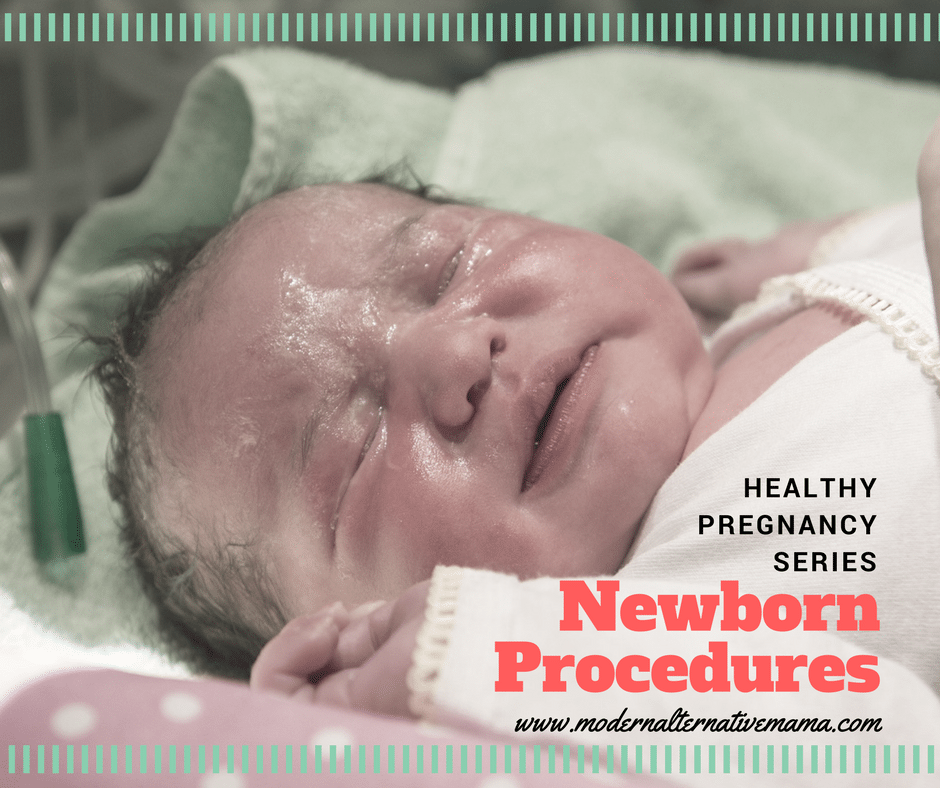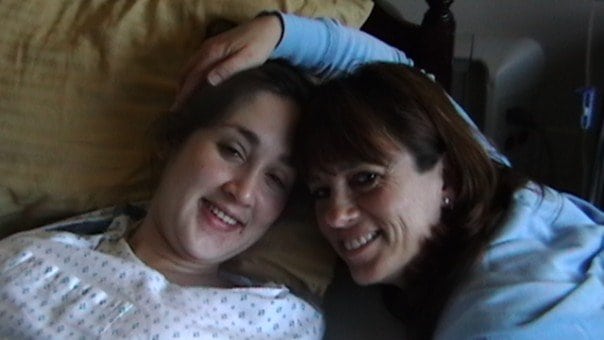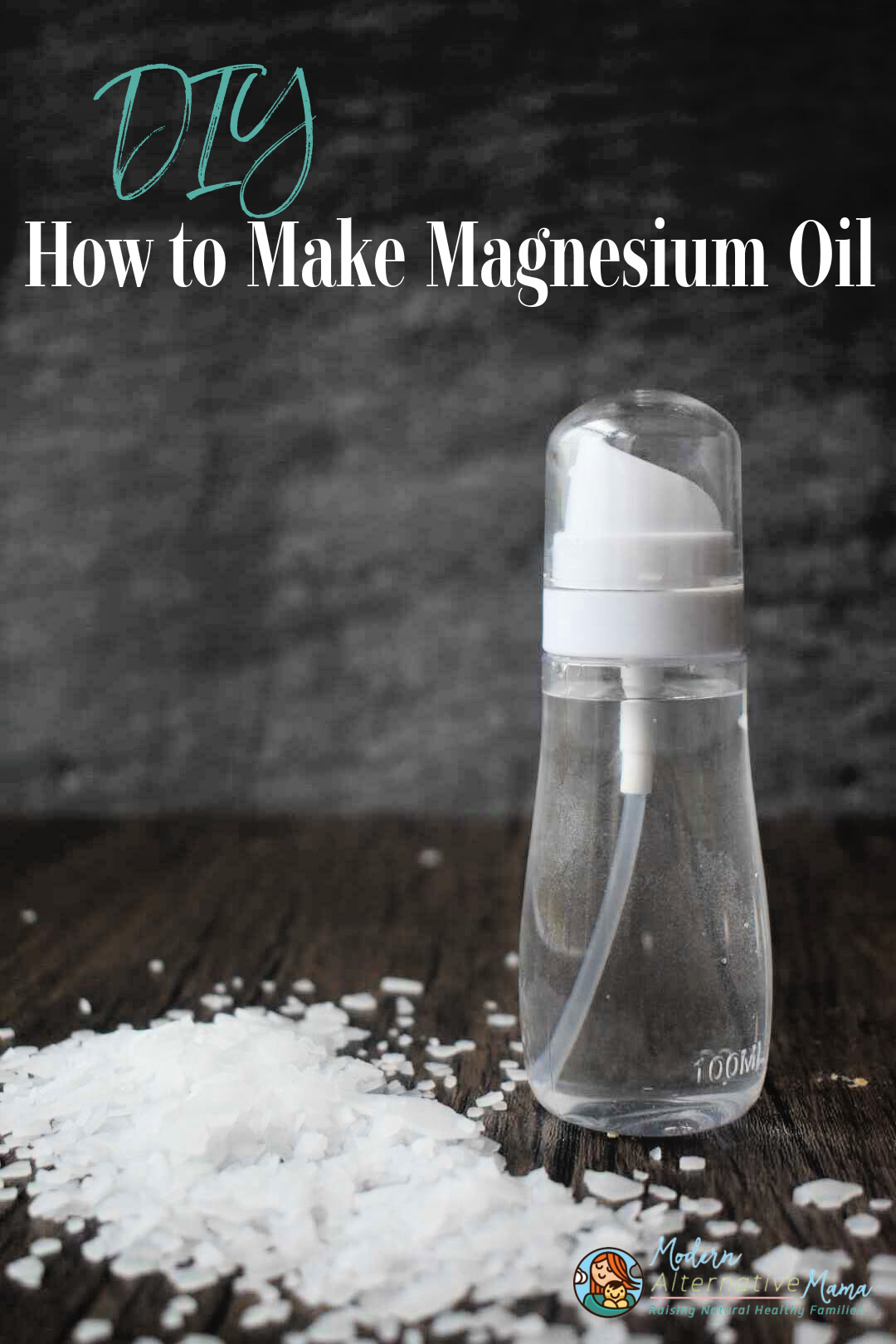If you’re having your baby in a hospital, there are a lot of “newborn procedures” that are standard. It is important to know that you have the right to opt out of these procedures if you choose to. You definitely should know why they are done so that you can consent in an informed manner. What are these procedures, why are they done, and why might you choose to opt out?
Cord Cutting
After your baby is born, his cord will have to be cut at some point. The exception is if you do a lotus birth, where the cord and placenta are left attached until they naturally dry up and fall off. In most hospitals, the cord is cut immediately after birth. However, there is evidence that delaying is healthier for babies. Some doctors will tell you this is not true; some will even try to say “The blood will all run out of the baby and make it sick or kill it!” This is ludicrous.
Here are some of the benefits of waiting to cut the cord:
- Continued oxygen to the baby, improving early breathing efforts (as long as the placenta is attached to the mother still)
- Blood runs back into the baby, increasing blood volume by up to 50% (this seems to give babies higher iron levels, potentially higher vitamin K levels, and other positives that protect the baby in the early days/weeks)
- Less risk of low blood pressure
- Reduces the likelihood that blood would mix if a woman is Rh negative
- Reduces the risk of brain damage (through lack of oxygen)
How long should you leave the cord intact? At least until it stops pulsing, or 10 – 15 min. in many cases. Longer is fine; our midwives routinely wait an hour. (And no…not a single baby has died from blood loss or any such thing due to waiting.)
Eye Ointment
All newborns have their eyes treated with eye ointment unless parents choose not to allow it. In some areas, they use silver nitrate, but this stings and makes the baby’s vision blurry for quite awhile. In most areas, they now use erythromycin, which is safer and less irritating.
This treatment was originally put into practice to prevent blindness in the event the mother had gonorrhea. Rather than testing women and treating only at-risk babies, hospitals decided it was cheaper and easier to just treat all the babies.
If you do not have an STD or other infection, you likely do not need this done. (I personally find this insulting…because despite that we have no reported STDs, we still are ‘supposed’ to have it done.)
Vitamin K Shot
Another newborn procedure is the vitamin K shot. This one is pretty controversial, even in natural birthing circles. There are circumstances that could require a vitamin K shot, but giving it to every baby is not really necessary.
Why is it given to babies at all? Babies are born with naturally low vitamin K levels, which recover to roughly adequate levels by 8 days of age (some think this is why, in Bible times, circumcision was performed on the eighth day — because it was naturally “safer” then. We don’t personally circumcise at all but that’s another issue entirely).
The danger of having low vitamin K levels is that babies’ blood won’t clot properly, placing them at risk for bleeding out and having a serious problem. There is also a rare but potentially fatal bleeding disorder (about 1 in 100,000 babies will get it) caused by low vitamin K levels.
Therefore, babies who, are at risk for bleeding for any reason — those who had had a traumatic birth, are undergoing circumcision early on, etc. — are advised to get some type of extra vitamin K to prevent any problems or issues.
Babies who do not get fed within hours after birth, or whose mothers have inadequate vitamin K levels in their breastmilk are at greater risk of hemorrhagic disorder. Babies should ideally be put to the breast immediately after birth, and mothers should take care not to be deficient in vitamin K at the time of birth.
Since it’s just a vitamin, why not give it to all babies?
- The injection contains 20,000 times the needed dose; it also contains preservatives
- Some studies have linked this extreme amount to cancer because vitamin K causes “rapid cell division,” which is problematic in newborns. Other studies have been said to debunk this.
- May affect bilirubin levels and increase the likelihood of newborn jaundice (as vitamin K affects liver function), as well as potential brain damage from high bilirubin levels
So, vitamin K is not as safe as it seems to be. At least not at such a “mega-dose.” Babies are better off getting their levels up slowly, as nature intended.
There are other options, however. Some recommend oral vitamin K supplementation of about 200 mcg per day for 5 weeks. Others recommend that mothers make sure to ingest vitamin K-rich foods and/or supplements as needed. Alfalfa is extremely rich in vitamin K, and can be consumed in a pregnancy/nursing tea (it promotes pregnancy health as well as milk production). This appears to be the safest way to help babies’ vitamin K levels: mothers’ continued supplementation with vitamin K via foods or alfalfa in tea (an infusion is necessary; a basic “tea” which is steeped for a short time won’t pull much of the nutrient out).
Bath
Innocuous enough, right? A simple bath. But baths at a hospital use harsh soaps to scrub all the remaining vernix off the baby. Plus they aren’t especially gentle (they have to do it fast, after all…). I learned this from my grandmother, who was a nurse.
There are benefits to not bathing the baby, too. Leaving the vernix on the skin can help prevent dryness. There is some evidence that it has immunological benefits too.
Wiping babies off gently and using only water on them until they are a few weeks old is a smart idea. Bathing at home with a very gentle baby wash is another alternative.
A few moms feel like they cannot bond with their babies well if they are “dirty.” If this is the case, you may consider bringing a gentle baby wash and performing the bath yourself (or asking a nurse to do it in your room) immediately.







This was a huge reason why I avoided a birth in the hospital. I simply wanted to have the baby with me and/or be present when anything was done to her/him. I knew chances of that happening at a hospital were slim to none (unless you have a good doctor, supportive team, etc. – it's certainly possible, but you have to work for it). So both my boys were born at home, handed right to me, had vernix rubbed into their skin, had no shots or ointment, we waited to have the cord cut, etc. I even had a chance to touch my firstborn's head while he was still inside me – AMAZING!! I also chose not to circumsize either of my boys (DH is from Europe as am I and he was not circumsized, either). Very good post – I enjoyed it immensely. It brought back a lot of good memories!
Great info! fortunate to already know, but it's great to re-read and remember…homebirthing helps you avoid all these issues!
We birthed at a hospital ( really quickly, but still..) and opted out of almost all newborn procedures. We delayed clamping the cord, and declined HEP B (which I think you left out?) and Vitamin K and delayed the bath. Probably could have gone without it. The doctors asked repeatedly about the Vitamin K and Hep B, but respected our wishes none-the-less. Next time we will birth at home and not even have to worry about it.
Does anyone know of any research or ideas about the effect of rubbing the vernix in, rather than washing it off. My feeling is that it's essential to stimulate the immune and lymphatic systems, but I've never seen anything to back up my intuitive sense on this.
I would assume that any massage performed on the baby would be beneficial to those systems. The vernix’s best help is that it is one of the most moisturizing products on the planet (what else could keep your skin from pruning after months in water?). I read somewhere that men used to rub it into the wooden stocks of their guns to help prevent them from cracking!
I am just beginning to research my childbirth options and have found your website to be extremely helpful! This post answers many of my questions and is a great starting point for research!! Thank you!
I love your articles! I’m prepping for a next baby *soon*(we’ve been trying at least) and these are really helping me to re-remember from my first birth. It was in a hospital and I WISH I had seen all these articles but none the less the hospital and my midwife were really awesome about my wishes and I made sure that they were working for me(not in a bad way!) All the things mentioned he didn’t have done. The only thing I allowed was he was rubbed down, not washed with water until day 2, and weighed. My next birth will be at home and I’m really excited for it!
Thanks for this very informative pregnancy section you have!!
One thing I didn’t see on the list of posts is questions to ask while interviewing a midwife. I have some things on a doc but do you have any suggestions to find a generic or any?
Thanks!
We opted for delayed cord cutting, metabolic screening and the hearing test.
We refused: bath, VitK, eye goop, HepB, glucose screening.The only one we caught flack for was the VitK!
Thanks for the great article. I wish I had explored this more with my first. By the second, we had it figured out. She was a birth center baby- no unnecessary interventions at birth or later on. And the healthiest 2 year old I know. Will share!
I have a question. You say “Babies who do not get fed within hours after birth, or whose mothers have inadequate vit K levels in their breast milk are at greater risk of hemorrhagic disorder. Babies should ideally be put to the breast immediately after birth, and mothers should take care not to be deficient in vit K at the time of birth.” So my question is this, My milk did not come in till halfway through day 4 with my daughter….and she lost 14oz in that time…I did not even have any colostrum. None. So…Would it be necessary to get the shot or do the oral vit K, do you think? I got it with my daughter since I didn’t know any better, but this time I do not want to have it given, though I still worry. I had meds during labor that probably helped to inhibit my milk supply and such( I learned this just recently….) and this time I do not plan on having any of those and plan on taking a lot or herbs and stuff to help with milk supply, but if it doesn’t come in and I have no colostrum again, would it be best to get the oral vit K in your opinion? I’m still researching it and will continue to do so till I either give birth or feel comfortable with my decision, but would like to know what you and others think about this.
I did the delayed cord clamping. My most recent baby had almost NO jaundice. Just a TINY bit of coloring in her face for about 2 days at 1 week old.
Just in case anyone from NYS is reading this … Vit K and the eye ointment are a state mandate but I was able to refuse both! Know your facts and print out a medical procedure refusal form and have both it and your birth plan notarized. Some have had to fight but I didn’t. I think my savior was the fact that I knew WAAAY more about each of these procedures than the head nurse of the hospital I gave birth in did. She knew she didn’t have a leg to stand on with me.
I refused the bath as well. It took about 2 days for all the vernix to soak into my baby’s skin. She peeled very lightly for one day at about a week old and has had very little cradle cap. Her skin was the softest baby skin I had ever touched!
Nothing like the peace of mind that comes with knowing the facts and making a true educated decision from there 🙂
Hi,
Great info. Just wondering, you mentioned taking a tea with alfalfa in to help raise Vit K. Do you have any recommendations on where to get this tea? I looked at the link you had there but it just went to the mountain rose herbs page – not to specific teas for this purpose that are high in Vit K.
Thanks
[…] of course the newborn procedures…early cord clamping and cutting, vitamin K, eye ointment, Hep B, separation from mom, […]